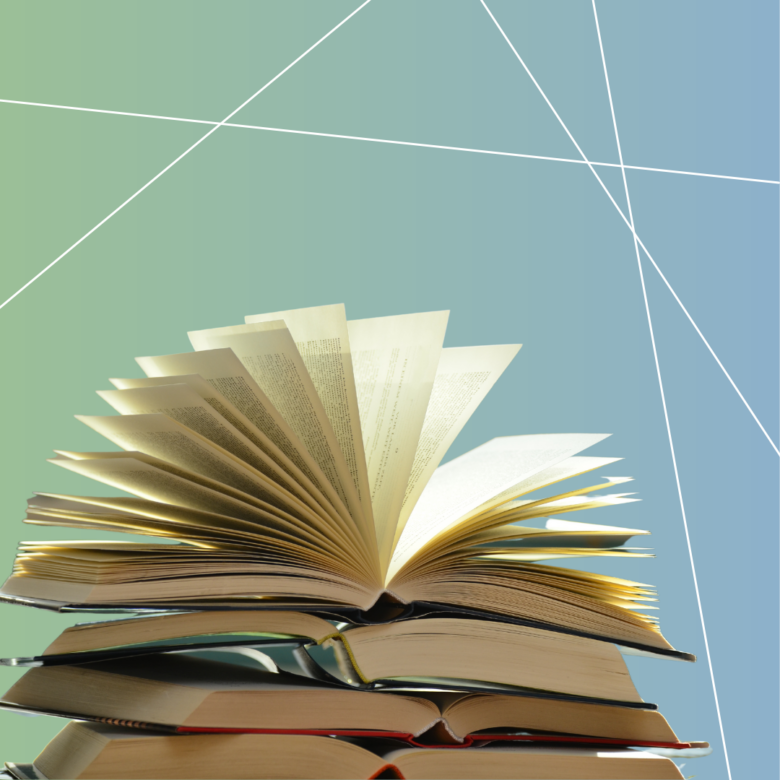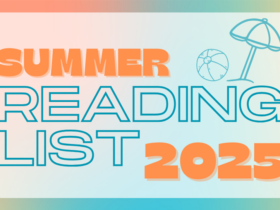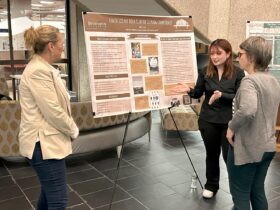In recognition of National Poetry Month, the Libraries have compiled a list of suggested reads based on recommendations from Bern Mulligan, Librarian for English, Philosophy and Theater. These titles take readers on a lyrical journey across the United States, tracing poetry from the nation’s founding through the present. The recommendations here celebrate the power of diverse perspectives and experiences poetry represents, as well as the potential of the art form to better reflect the values of equity and inclusion. Along with each title are excerpts from letters and interviews of the poets, reflecting thoughts in their own words that focus on poetry, inspiration, and purpose.
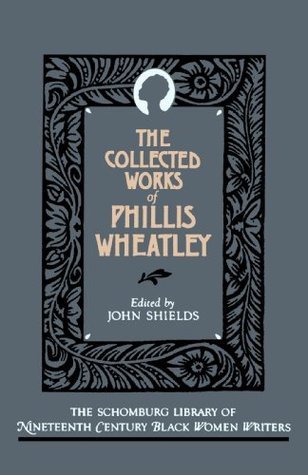
The Collected Works of Phillis Wheatley (print book)
Phillis Wheatley was the first enslaved Black author to publish a book of poetry in the US and widely considered the most accomplished American poet of the 1700s. Her poems address Christian themes, slavery and Revolutionary War figures, and Greco-Roman mythology.
On the power of belief: “How happy that man who is prepar’d for that Night Wherein no man can work! Let us be mindful of our high calling, continually on our guard, lest our treacherous hearts Should give the adversary an advantage over us.”

The Complete Poems by Walt Whitman (print book)
Whitman is often cited as one of the greatest American poets, along with Emily Dickinson. His free-verse style influenced generations of later poets, emphasizing themes of the natural world, democracy, and the individual. Special Collections holds significant editions of his work, including a first edition of Leaves of Grass, highlighted during the Libraries’ celebration of Whitman’s 200th birthday.
On the nature of work and poetry: “My theory of poetry is that it is not at all incompatible with labor and all that accompanies it. Oh, no; poetry and work are not necessarily separated; they may go together quite harmoniously.”
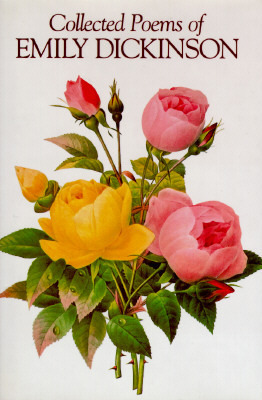
Collected Poems of Emily Dickinson (print book)
Dickinson is often cited as one of the greatest American poets, along with Walt Whitman. Noted for employing the first person, punctuation–particularly dashes, and slant rhymes, the majority of her short poems were published after her death.
On the experience of reading poetry: “If I read a book and it makes my whole body so cold no fire can warm me, I know that is poetry. If I feel physically as if the top of my head were taken off, I know that is poetry. These are the only ways I know it. Is there any other way?”

The Collected Poems of Wallace Stevens (print book)
Wallace Stevens’ poetry reflects his interest in art for art’s sake, favoring abstract and complex themes over personal topics in his poems. His symbolic and challenging work frequently explores the balance of imagination and reality found in poetry.
On the purpose of poetry: “Poetry is the imagination of life. A poem is a particular of life thought of for so long that one’s thought has become an inseparable part of it or a particular of life so intensely felt that the feeling has entered into it.”

The Collected Poems of William Carlos Williams (print book)
A poet of the Imagist movement, William Carlos Williams’ work is based on the principles of clarity, simplicity, and the use of precise images. His poems often focus on American and local identity, employing everyday American language, settings, and landscapes.
On the essential nature of poetry: “Everything in our lives, if it’s sufficiently authentic to our lives and touches us deeply enough with a certain amount of feeling, is capable of being organized into a form which can be a poem.”

The Essential Gwendolyn Brooks (print book)
Gwendolyn Brooks was the first Black author to win the Pulitzer Prize and first Black woman appointed Consultant in Poetry to the Library of Congress (a title that is now Poet Laureate). Her poems draw inspiration from life on the South Side of Chicago, taking a more overtly activist stance over the course of her career.
On poetry and experimentation: “Poetry has a future. You may initiate new forms. You may create. You do not have to consider that everything has been done.”
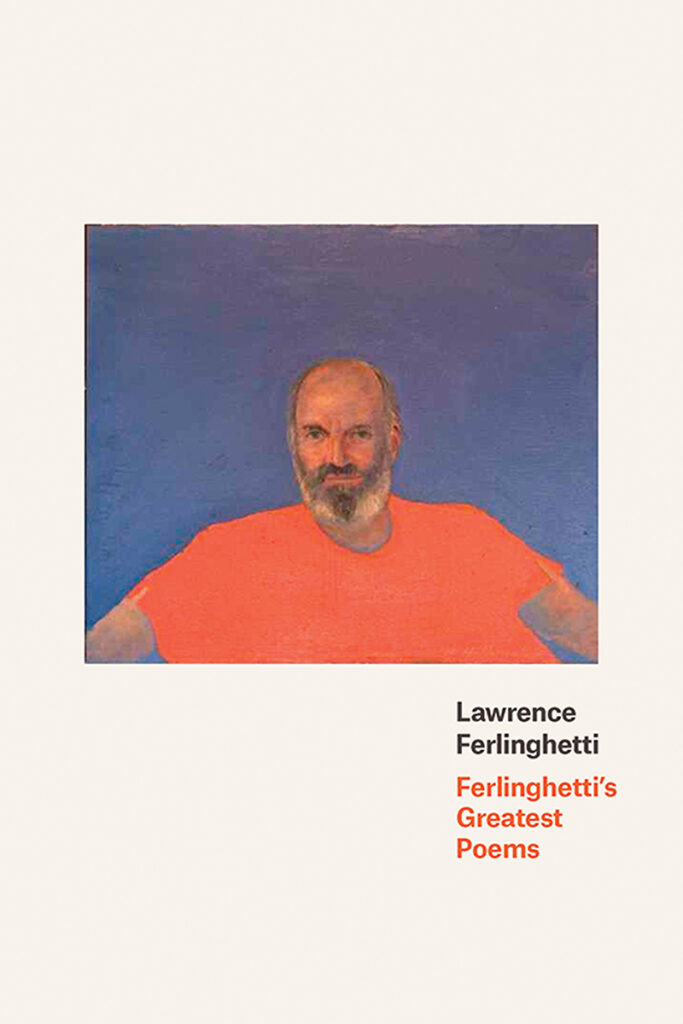
Ferlinghetti’s Greatest Poems by Lawrence Ferlinghetti (print book)
Publisher, activist, and poet Lawrence Ferlinghetti’s work emphasizes poetry as a shared, accessible experience, incorporating everyday expressions and jazz influences. Ferlinghetti influenced and supported many of the controversial Beat poets, standing trial for the publication of Ginsberg’s supposedly obscene Howl.
On the accessibility of poetry: “The poem should have a public surface, by which I mean anybody who hasn’t had any education could still understand the poem. Then below that it should have a subjective or subversive level, which would make the poem more important than just a surface lyric that’s just giving you a nice picture.”
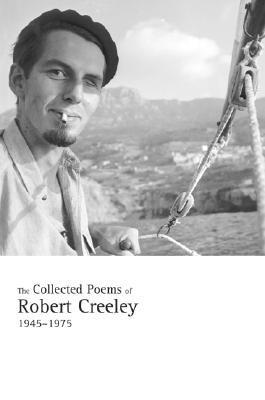
The Collected Poems of Robert Creeley (print book)
Robert Creeley was associated with the Black Mountain Poets, a group involved with a small, experimental college that significantly influenced avant-garde works. Creeley’s personal poems frequently focus on his close relationships, the nature of memory, and the experience of aging.
On the necessity of writing: “I write to realize the world as one has come to live in it, thus to give testament. I write to move in words, a human delight. I write when no other act is possible.”
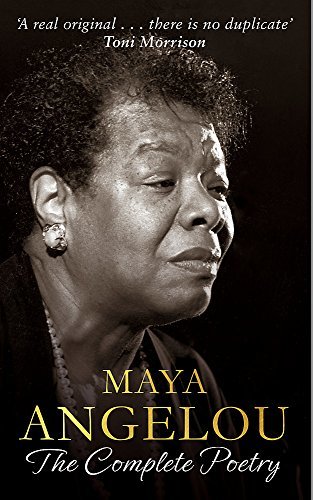
The Complete Poetry by Maya Angelou (print book)
Civil Rights activist, writer, poet, and director Maya Angelou is most recognized for her autobiography I Know Why the Caged Bird Sings. Her poems express a commitment to social justice, examining individual and collective experiences of sexism and anti-Black racism.
On poetry as an expression of love: “It is poetry which is employed when people talk about their love of country, their love of land, their love of homeplace. It is poetry which is employed when one seeks to praise God or to implore from God certain benefits. In prayer and meditation-there one finds poetry.”
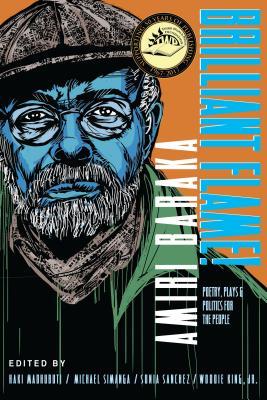
Brilliant Flame!: Amiri Baraka: Poetry, Plays, & Politics for the People (print book)
Amiri Baraka was a political activist and writer whose work often provoked high controversy. A proponent of using art to communicate a message, Baraka’s writing often addressed Marxist principles and Black liberation.
On the purpose of art: “Art is a weapon in the struggle of ideas, the class struggle.”
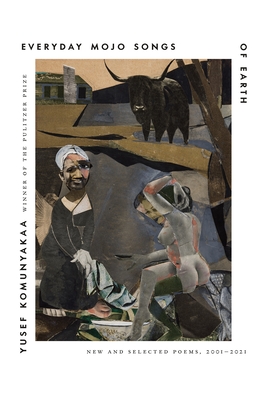
Everyday Mojo Songs of Earth: New and Selected poems, 2001-2021 (print book)
Louisiana poet Yusef Komunyakaa’s narrative poetry draws inspiration from the sounds of jazz. He is best known for autobiographical poetry based on his experiences in the Vietnam War.
On poetry and the power of the imagination: “Everything humans have invented worked their way through the imagination — for good or evil. Now, I trust my imagination to deliver me to truth. A poem isn’t the beginning or conclusion of a research paper; it must seek the light of a deeper place. Although there’s much rehearsal and practice, such journeys are not scripted.”
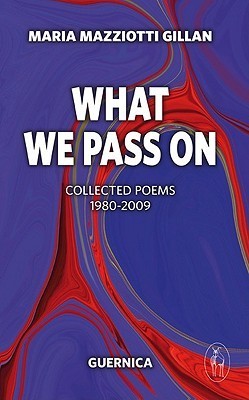
What We Pass on: Collected Poems, 1980-2009 by Maria Mazziotti Gillan (print book)
Maria Mazziotti Gillan is a professor emerita of Binghamton University and a poet whose writing focuses on individual and cultural identity. Her work is highlighted in the guest curated exhibit Art and Influence of Maria Mazziotti Gillan, on display in the Bartle Library Lobby through December 2022.
On pushing boundaries in poetry: “I really hate the kind of poetry that is all language and no gut. No feeling, no willingness to take a risk. Go to the edge, for God’s sake. Take a little risk!”
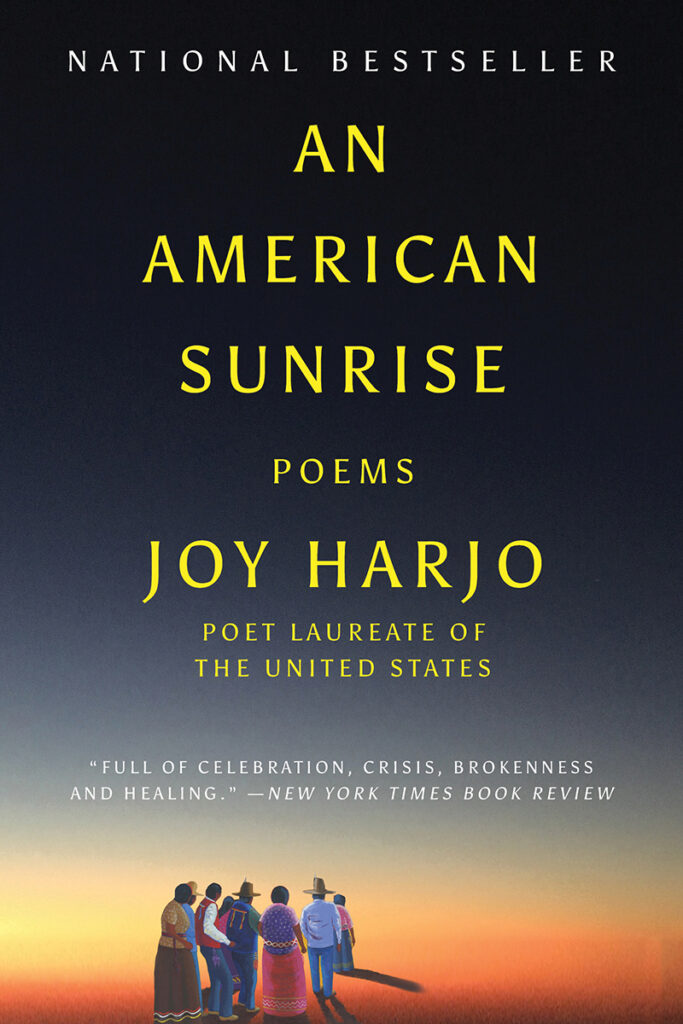
An American Sunrise: Poems (print book)
Joy Harjo is a member of the Muscogee Nation and the first Native American to serve as United States Poet Laureate. Her work involves indigenous storytelling and remembrance, individual identity, and connection to tradition and place.
On poetry as a tool of preservation: “I feel strongly that I have a responsibility to all the sources that I am: to all past and future ancestors, to my home country, to all places that I touch down on and that are myself, to all voices, all women, all of my tribe, all people, all earth, and beyond that to all beginnings and endings. In a strange kind of sense [writing] frees me to believe in myself, to be able to speak, to have voice, because I have to; it is my survival.”


